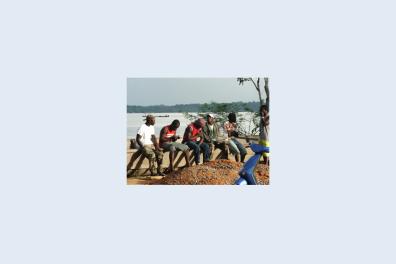Séminaire Pratiques langagières

Mieke Vandenbroucke (Univ Antverpen)
The role of talk and text in Belgian government investigations into fraudulent marriage migration
During the 21st century, accelerated processes of globalization have led to a stark increase in the incidence of marriage migration world-wide (Lee 2013). In recent years, transnational marriage migration as a form of family reunification has become a growing policy concern for migration governance and is seen as “the last loophole” in EU migration policy in face of a supposedly large and increasing number of sham marriages through which the non-European spouse is able to obtain a residency permit (Wray 2006). As a consequence, many EU Member States have legislated investigations into possible sham marriages to determine whether a marriage application involving a non-EU spouse is “real” or “faked”. In this talk, I discuss the central, yet multi-faceted role played by talk and text in the investigations conducted by Belgian governmental authorities into cross-border marriage applications which are suspect of being fraudulent. In doing so, I report on past and ongoing research by myself and with collaborators and cover the discursive construction of what a genuine marriage entails both as a legal category (Vandenbroucke & Wilson 2022) and in the spoken encounters and written reports of these investigations (Vandenbroucke 2020); the at times problematic nature of evidence finding through (re)duplicative validation (Vandenbroucke 2022), and finally the crucial role of (non)professional interpreter selection in the interviews and interrogations of the applicant couple (Vandenbroucke & Defrancq 2021). Drawing on these different insights, I finish by reflecting on the applicants’ discursive agency throughout the entire investigation (Vandenbroucke 2018).